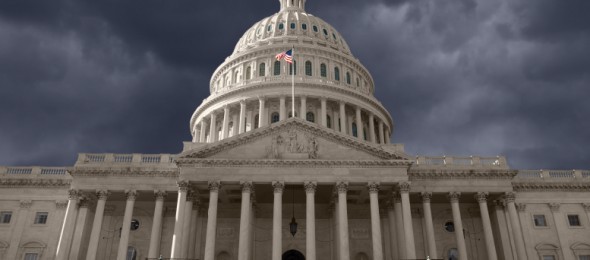University of Kansas School of Law Professor Stephen J. Ware has published “A Short Defense of Southland, Casarotto, and Other Long-Controversial Arbitration Decisions,” Loyola Consumer Law Review, Vol. 30, No. 3, 2018. In his journal article, Professor Ware discusses some controversial United States Supreme Court decisions regarding arbitration.
The abstract states:
Scalding criticism of Supreme Court arbitration decisions appeared in the 1990’s and is now widespread. Over twenty years ago, the Supreme Court held that pre-dispute arbitration clauses in adhesion contracts are generally enforceable. Thoughtful scholars then feared threats to consumers’ and employees’ rights, and today similarly warn that the Court’s recent arbitration decisions “will provide companies with free rein to commit fraud, torts, discrimination, and other harmful acts without fear of being sued.” Professors are not the only sources of strong language opposing the Court’s arbitration decisions. Under the heading “Forced Arbitration Destroys Individual Rights,” a 2015 federal court decision declares: “Today, forced arbitration bestrides the legal landscape like a colossus, effectively stamping out the individual’s statutory rights wherever inconvenient to the businesses which impose them. What is striking is that, other than the majority of the Supreme Court, whose questionable jurisprudence erected this legal monolith, no one thinks they got it right.”
From this alleged consensus of “No one thinks they got it right,” this Article dissents in significant part. While I have long opposed Supreme Court decisions on arbitration law’s separability doctrine and judicial review of arbitration awards, and would reduce adhesive arbitration agreements’ impact on class actions, I continue to sympathize with some of the Court’s long-controversial arbitration decisions.
I choose the word “sympathize” because I believe much of the criticism of the Court’s arbitration decisions does not sufficiently weigh the difficult position the Court was in when deciding those cases. The FAA was enacted in the 1920’s before the landmark federalism case of Erie v. Tompkins, 12 the New Deal’s expansion of the Commerce Clause and thus of federal power to preempt state law, the growth of federal employment and consumer law in the 1960’s and 1970’s, and the ensuing explosion of class actions. Each of these enormous changes to our nation’s legal landscape conflicted with the premises underlying the FAA. While Congress could have amended the FAA to accommodate and be more consistent with these enormous changes, it did not. So, reconciling an old statute with a half century of law in tension with that statute’s premises became the Court’s task.
The Courts’ critics generally argue that the drafters and adopters of the FAA did not intend for it to: (1) preempt state law or (2) cover consumer and employment arbitration agreements. This Article responds to those arguments.
This and other scholarly papers authored by Professor Ware may be downloaded free of charge from the Social Science Research Network.
Photo credit: jpalinsad360 on Foter.com / CC BY-SA














